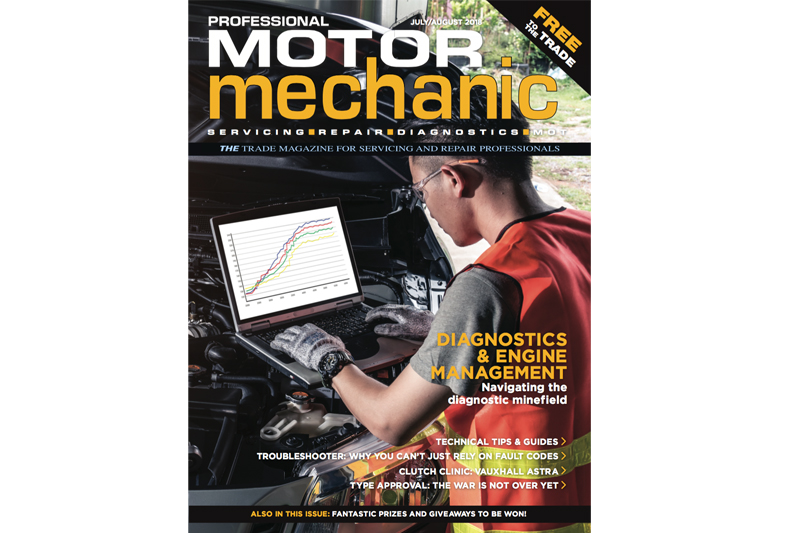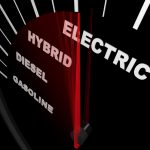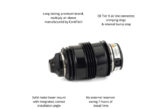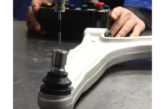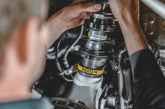PMM Editor’s Viewpoint July/August 2018.
When Richard Branson publicly voices his opinion on an issue, people tend to take note. So when the business magnate recently expressed his concerns over the Government’s proposed timeline for phasing in electric vehicles and banning petrol and diesel powertrains, he received a chorus of support.
Much of Branson’s stance is likely borne out of his involvement with Formula E. Sir Richard sponsors a race team – DS Virgin Racing – and is one of the sport’s most vocal exponents. Fans of the electrified race series view it as the future of motorsport, with many arguing that the action is actually more competitive and exciting than that of F1. I can hear the purists exploding with rage from my desk.
“Whilst battery technology may well be developing at pace, the time it takes to charge an electric car, compared to filling it with a conventional fuel, does pose a real challenge.”
Aside from the racing, though, Formula E is being used as a barometer for progression in automotive technology. With huge investment being pumped into the sport, and teams vying for supremacy on the race circuit just like their noisier F1 counterparts, battery technology is surging forward at a staggering pace. And it’s these advancements that Branson and others point to as evidence that the 2040 petrol and diesel Doomsday is not ambitious enough.
Recent revelations about the misdemeanours of another German manufacturer hardly help to counter the Virgin founder’s argument. When premium brands like Mercedes are found to be using illegal software that masks emissions, diesel’s already tarnished reputation is dragged through the mud, irrespective of whether Daimler was deliberately trying to cheat or not.
Every time the bell rings again on the electric vs diesel fight, naysayers will always revert to the argument that the UK is ill-equipped to accommodate 32 million electric cars in just 22 years’ time – or seven years, if Branson were to have his way. Whilst battery technology may well be developing at pace, the time it takes to charge an electric car, compared to filling it with a conventional fuel, does pose a real challenge.
Until this challenge is met with a workable solution, the reality is that carmakers have no choice but to continue production of diesel and petrol vehicles by the million. An insightful article courtesy of Klarius on page 51 of this issue, for instance, uses Toyota as a case in point. The Japanese giant is unrivalled when it comes to the sheer volume of cars it has produced over the last decade, so it’s a pretty good yardstick for the industry as a whole.
At the end of 2017, Toyota unveiled its plans for electric vehicle sales, revealing that it hopes to sell 5.5 million electrified vehicles annually by 2030. Of those electrified vehicles, one million will be zero-emissions, and the remaining 4.5 million will be hybridised. Whilst this may sound like an awful lot of cars (it is), when looked at in the context of Toyota’s overall production, the ‘fully electric’ offering only accounts for roughly 10% of its total output. That hardly sounds like the sweeping revolution that some are forecasting.
Perhaps a sensible conclusion to draw from all this is simply: electrification in the automotive industry is happening, gradually. Technology is advancing, and the pressure on VMs is mounting. Ultimately, however, progress is hamstrung by inadequate infrastructure and a lack of clarity on the part of government, so the endgame remains uncertain. Hopefully that clears it up for you…
